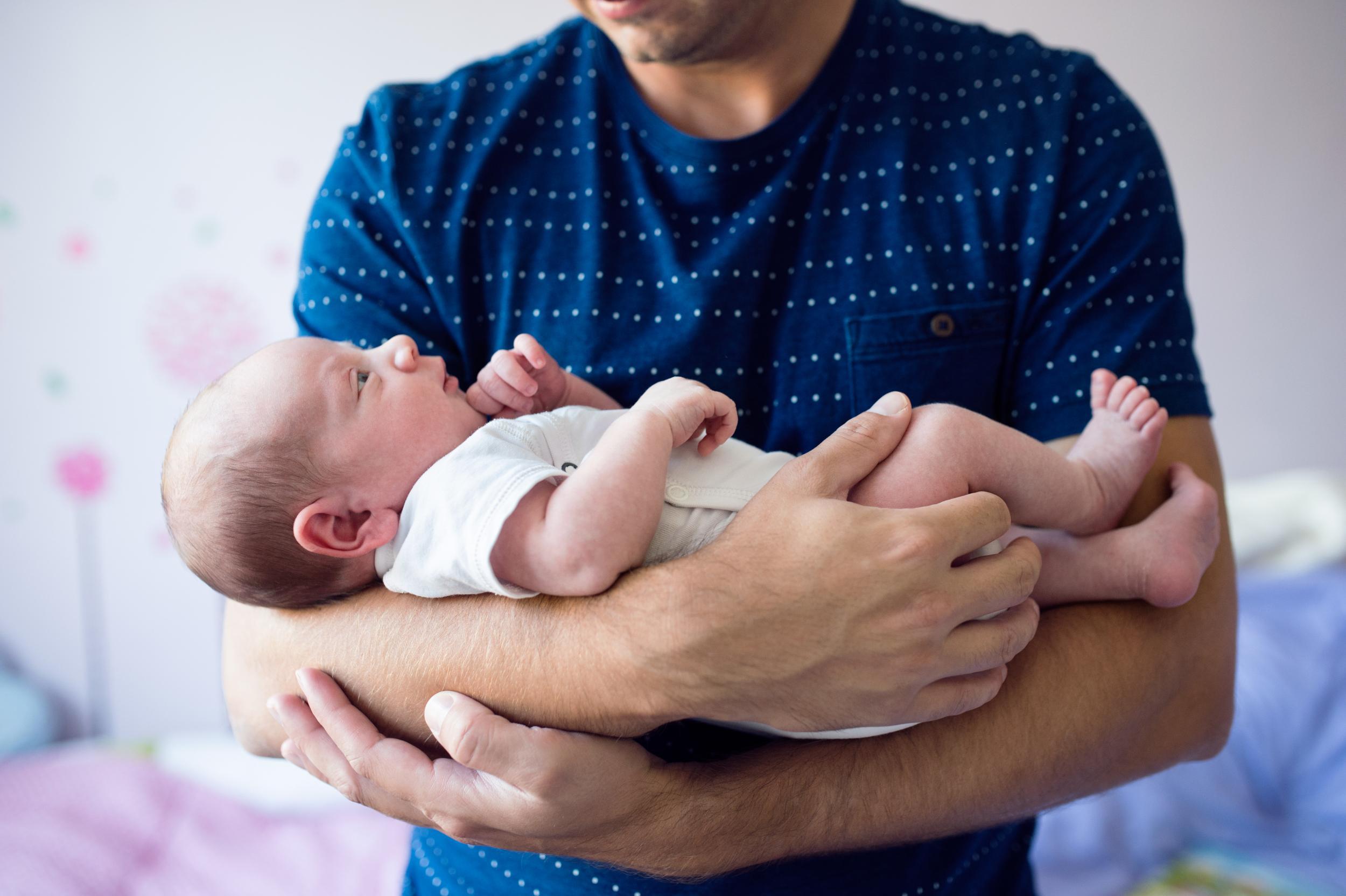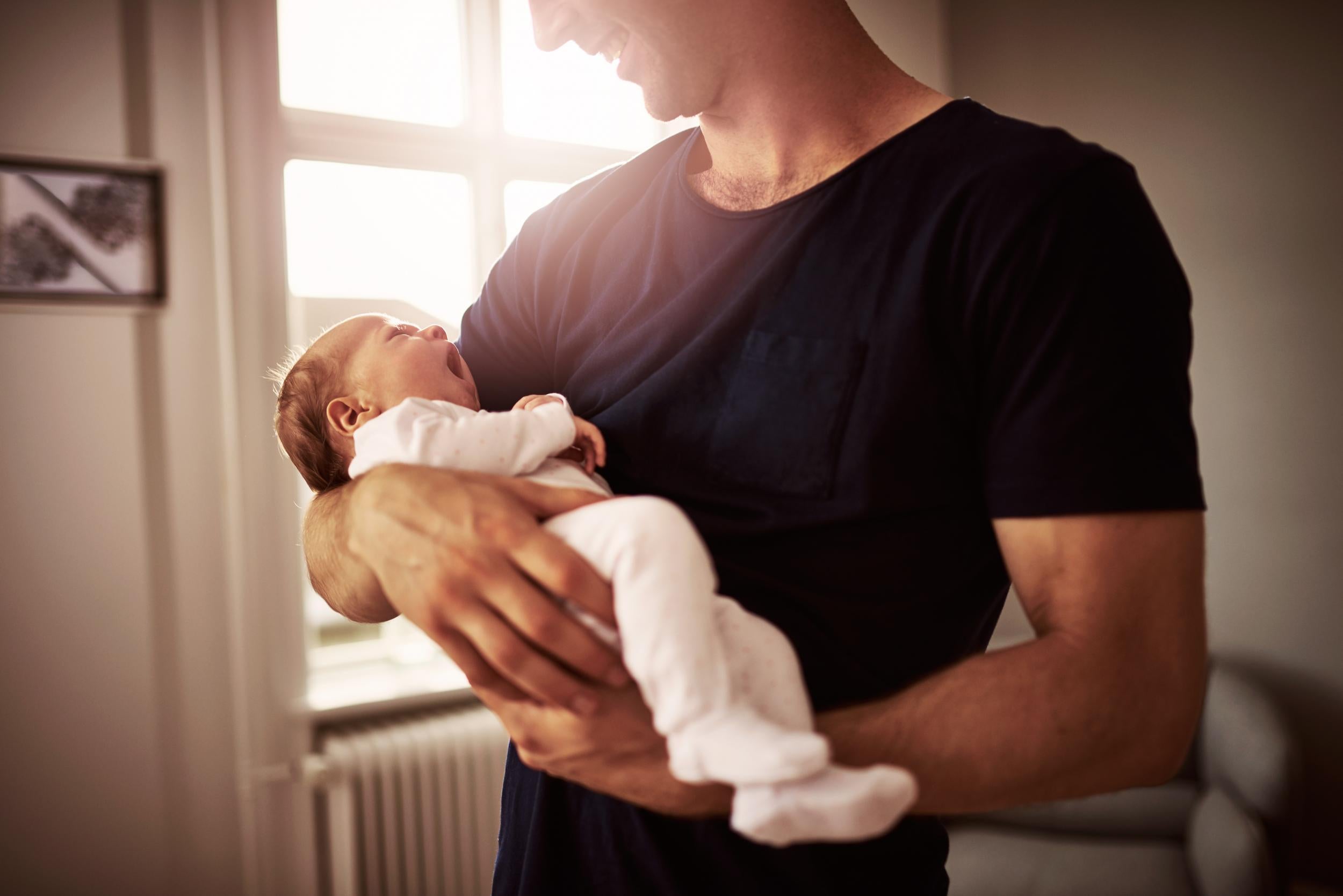Newborns who resemble their fathers are healthier after a year, new research finds
Fathers who are certain the baby is theirs ultimately spend more time with the baby

Infants who resemble their fathers at birth are healthier one year later - because their fathers spend more time with them, a new study has found.
According to the research, resemblance encourages fathers who do not live with their children to spend 2.5 more days a month with their children - because they are confident the child is genetically theirs.
And this increased bonding time with the newborns results in overall healthier babies, according to the study, as it reduces their potential exposure to harm, in addition to allowing for “greater parental time for care-giving and supervision, and for information gathering about child health and economic needs.”
Titled: “If looks could heal: Child health and paternal investment,” the study reveals that newborns who look like their fathers are less likely to require an emergency room visit, spend time in the hospital or suffer from asthma attacks - all because of the increased presence of their fathers.
Dr Solomon Polachek, one of the research authors and a research professor at Binghamton University, said of the findings: “Fathers are important in raising a child, and it manifests itself in the health of the child.
“Those fathers that perceive the baby’s resemblance to them are more certain the baby is theirs, and thus spend more time with the baby,” Dr Polachek said.

The study analysed 456 families where the babies lived only with their mother and where both parents had reported that the baby resembled the father.
Following the families for over a year, the researchers found that babies who spent more time with their fathers “have significantly more favourable health conditions.”
The findings are important because they can impact the role of the father in fragile families where the mother is the primary caregiver.
As children in “single-parent households are at a disadvantage, which likely affects them throughout their lives,” according to the study, the findings support the need for dual-parenting in fragile families
And the researchers said the study, which was published in the Journal of Health Economics, supports policies for encouraging nonresident fathers “to engage in frequent positive parenting to improve early childhood health.”
Join our commenting forum
Join thought-provoking conversations, follow other Independent readers and see their replies
Comments
Bookmark popover
Removed from bookmarks